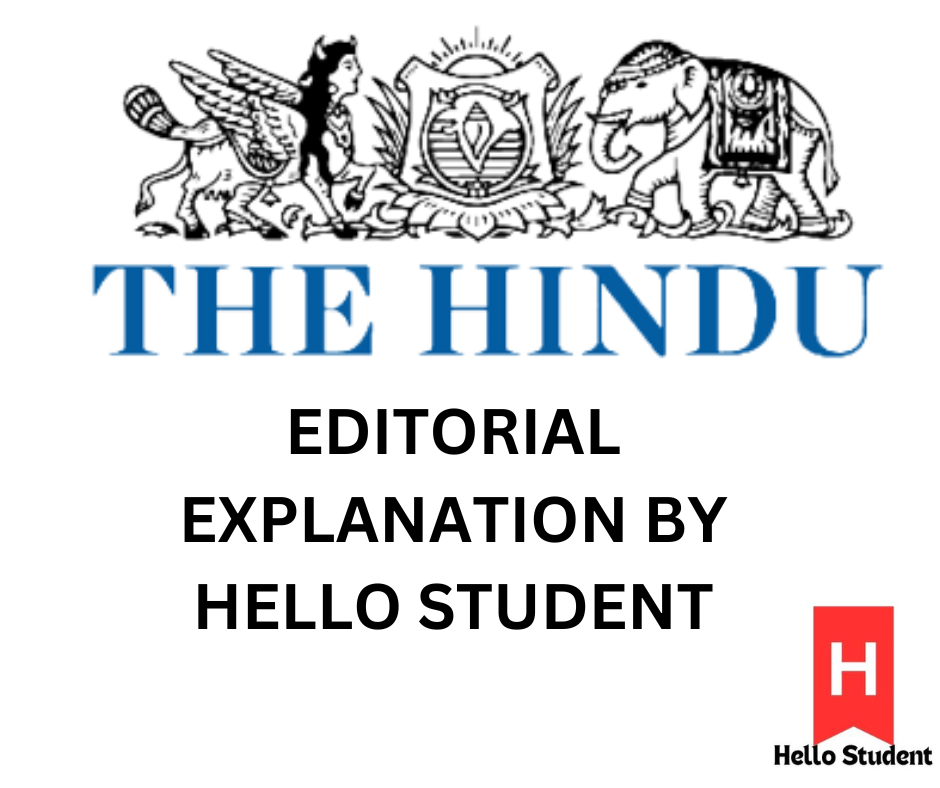Table of Contents
Introduction
The article talks about how Europe and India need to work more closely in 2025, after a year full of elections around the world.
It explains that, although they’ve been planning to cooperate for years, their partnership hasn’t moved forward, especially when it comes to trade.
Instead of focusing only on trade deals, the article suggests they should also work together in important areas like defense, economic security, and new technologies.
It also mentions that both Europe and India face similar challenges in a world where democracies are divided from authoritarian countries.
By teaming up, they can create a strong partnership to tackle global issues.
Article Explanation
The article starts by explaining how 2024 was a year with many elections around the world. It says that 2025 should be the year for democratic countries, like India and Europe, to come together and find new ways to support each other.
The focus is mainly on the relationship between Europe and India, which has a lot of potential but hasn’t achieved much in terms of real action.
For almost 17 years, Europe and India have been trying to make a Free Trade Agreement, but they haven’t been able to reach a deal.
Despite this, the article believes that if these two work together, it could change both the economic and political landscape of the world.
The article then discusses how, even though a big trade deal might take time to reach, there are other important areas that Europe and India can focus on.
These include defense, economic security, technology, and industries like pharmaceuticals. The article suggests that instead of focusing only on trade deals, Europe and India should also work on these other areas to strengthen their relationship.
It highlights that Europe and India can achieve great things by cooperating more closely in these areas, even if a full trade agreement doesn’t happen immediately.
The next part of the article talks about the political differences between Europe and India. Europe has been frustrated with India’s close relationship with Russia, especially after Russia’s invasion of Ukraine.
On the other hand, India has concerns about Europe’s dependence on China for trade. India is cautious about being pulled into a rivalry between democratic countries, like Europe and the U.S., and authoritarian countries, like Russia and China.
The article suggests that both Europe and India need to realize that the close ties between Russia and China are a threat to democracies around the world.
To face this, both sides should work together to strengthen their shared democratic values.
The article also proposes some practical ways to improve their relationship. One suggestion is to reduce their dependence on China, especially for important raw materials, and to create new trade routes and investment opportunities.
It also talks about the need for stronger defense cooperation, using India’s existing defense ties with the U.S. as an example.
Europe could learn from these ties and work with India to develop better defense technologies.
In addition to defense, the article stresses the importance of working together on emerging technologies like quantum computing and biotechnology.
Right now, China is leading in these fields, but by working together, Europe and India could become leaders and reduce China’s influence in these areas.
Towards the end, the article highlights that India will soon become the world’s third-largest economy, which makes it an even more important partner for Europe.
It also points out that while both Europe and India have their own challenges with democracy, they should work together to address these issues.
By doing so, they could form a strong alliance that helps both sides face global challenges. This alliance, which could also include the U.S., would be a powerful force for democracy and could stand strong against authoritarian countries like China and Russia.
In summary, the article encourages Europe and India to move beyond just planning and start working together on practical solutions.
By focusing on trade, defense, technology, and other important areas, they can build a stronger relationship and form a powerful alliance for the future.
.
.
.’
.join our telegram channel for regular updates of The Hindu Epaper Editorial Explanation-https://t.me/Thehindueditorialexplanation
The Hindu Epaper Editorial Explanation given by Hello Student is only a supplementary reading to the original article to make things easier for the students.
In conclusion, preparing for exams in India can be a daunting task, but with the right strategies and resources, success is within reach. Remember, consistent study habits, effective time management, and a positive mindset are key to overcoming any academic challenge. Utilize the tips and techniques shared in this post to enhance your preparation and boost your confidence. Stay focused, stay motivated, and don’t forget to take care of your well-being. With dedication and perseverance, you can achieve your academic goals and pave the way for a bright future. Good luck!
The Editorial Page of The Hindu is an essential reading for all the students aspiring for UPSC, SSC, PCS, Judiciary etc or any other competitive government exams.
This may also be useful for exams like CUET UG and CUET PG, GATE, GMAT, GRE AND CAT
To read this article in Hindi –https://bhaarat.hellostudent.co.in/

